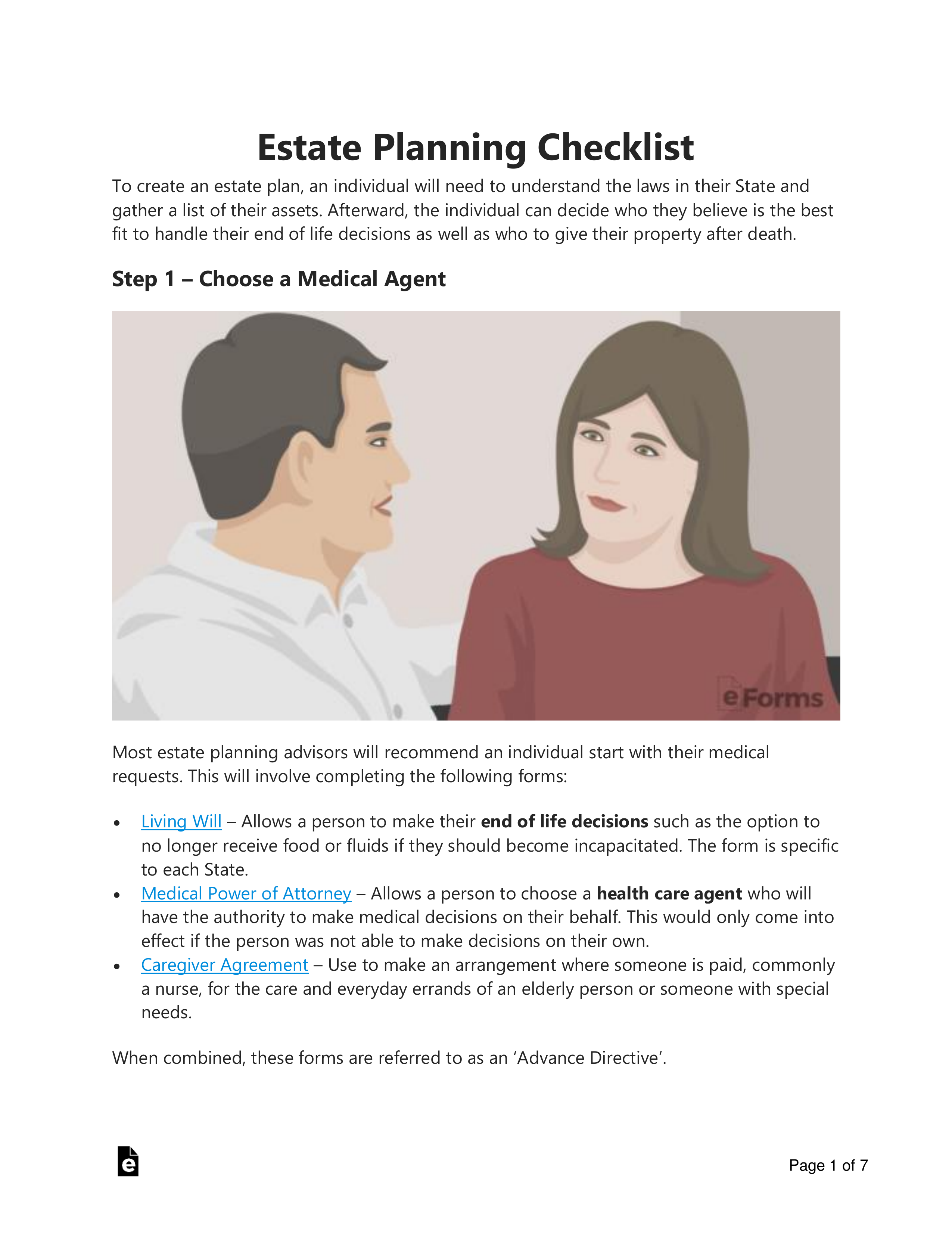Special considerations for estate planning
by Admin
Posted on 07-06-2024 03:21 PM

An estate plan is a series of legal documents outlining how you want your affairs managed after you pass away. An estate plan may address questions and concerns regarding matters like:
guardianship , or who will care for your minor children or special needs dependents if you pass away.
 Heirs and beneficiaries, or who will inherit money and property after your death. Power of attorney , or whom you trust to make financial and legal decisions if you become incapacitated. Healthcare proxy, or who will make medical decisions on your behalf if you become incapacitated. Many people work with an estate planning attorney or financial planner when creating their strategy.
Heirs and beneficiaries, or who will inherit money and property after your death. Power of attorney , or whom you trust to make financial and legal decisions if you become incapacitated. Healthcare proxy, or who will make medical decisions on your behalf if you become incapacitated. Many people work with an estate planning attorney or financial planner when creating their strategy.
The importance of estate planning in preventing disputes and complications among your family members has been discussed above. In addition to these benefits, there are others as well. With a plan in place, you can manage the destiny of your hard-earned wealth so that your heirs enjoy both the benefits and peace of mind you want for them. Don’t let the wealth transfer process go against your wishes by not planning how and when your assets will be distributed. Beneficiaries should be re-designated as needed. Tax minimization is important. Assist children and family members with special needs, young and old.
Last will and testament
A deceased person with a will is known as a testator. When a testator dies, the executor is responsible for initiating the probate process. The executor is typically a family member. The will can also provide details on a specified executor. The executor is responsible for filing the will with the probate court. States can have different rules for the timeframe in which a will must be filed after death. Filing the will initiates the probate process. The probate process is a court-supervised proceeding in which the authenticity of the will left behind is proven to be valid and accepted as the true last testament of the deceased.

Estate plans should be a top priority as they cover many areas of your life, including personal wishes, healthcare desires, financial matters, and even self-advocacy. Most people are familiar with at least one idea of estate planning. Often the document people tend to start with is a last will & testament. In your last will, your goal is to identify tangible and intangible assets and to describe what you want to happen with them, clearly. Beyond assets, your last will provide a platform for you to share thoughts and even embed other parts of your estate plan, such as a trust.
Advance directives are legal documents created in advance to allow individuals to tell healthcare providers their healthcare preferences and desires regarding life-sustaining treatment and other medical care when they can’t speak for themselves. There are several types of advance directive documents or estate planning tools. They include living wills, healthcare power of attorney, advance healthcare directives, psychiatric advance directives, do-not-resuscitate order, organ donation instructions, and physician’s orders for life-sustaining treatment. The two most used advance directives are the living will and the healthcare power of attorney. When these two are combined, they are called an advance healthcare directive. The advance healthcare directive provides instructions regarding the medical treatments, procedures, and medications you do and do not want while also providing a place to name a healthcare proxy, a trusted person who can speak on your behalf.